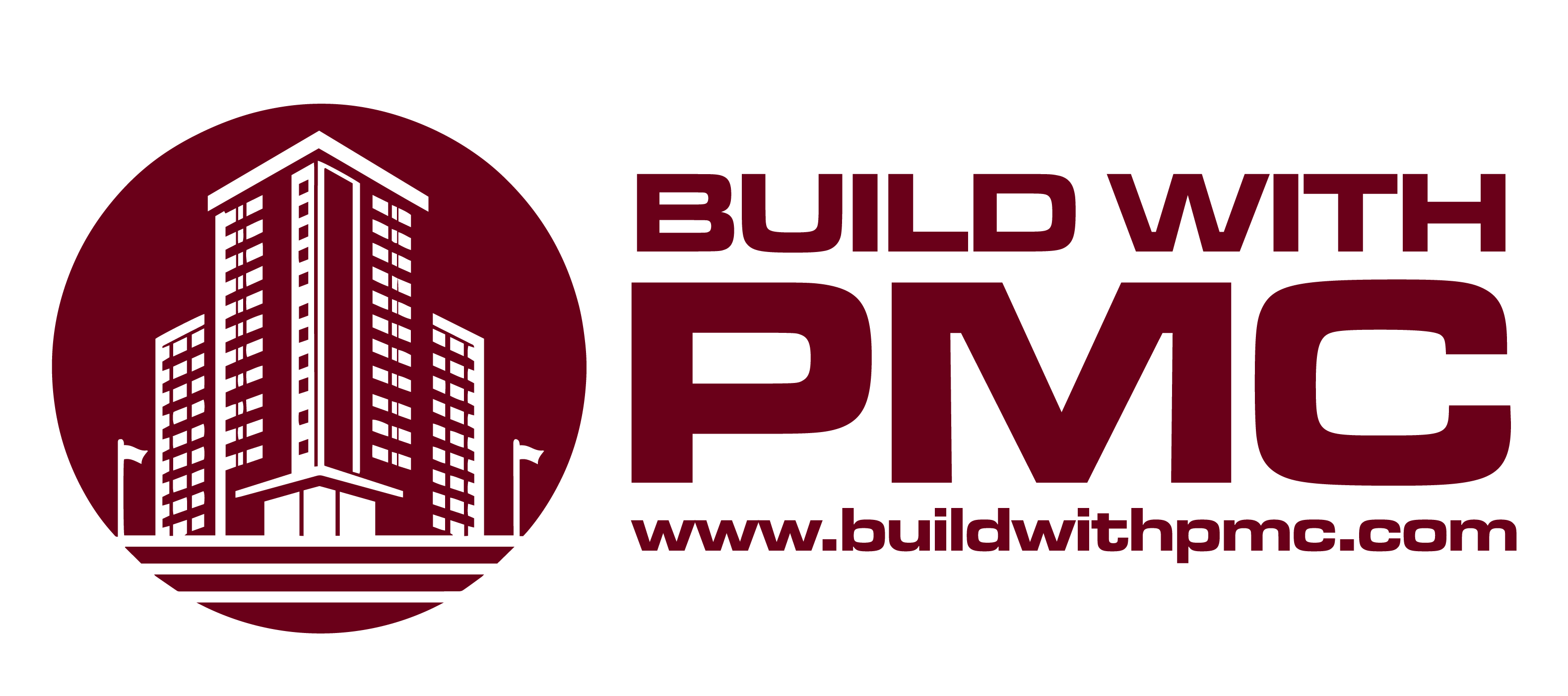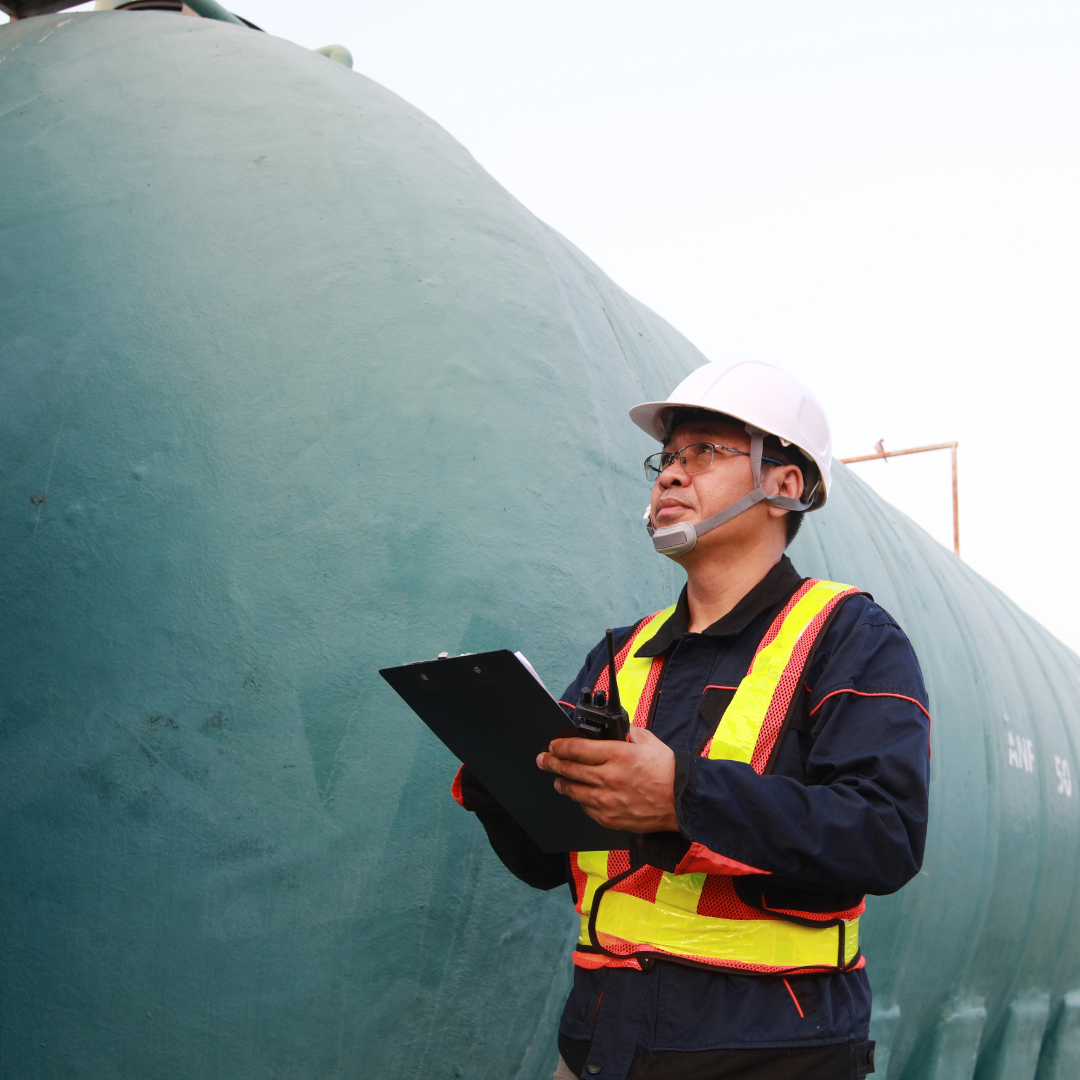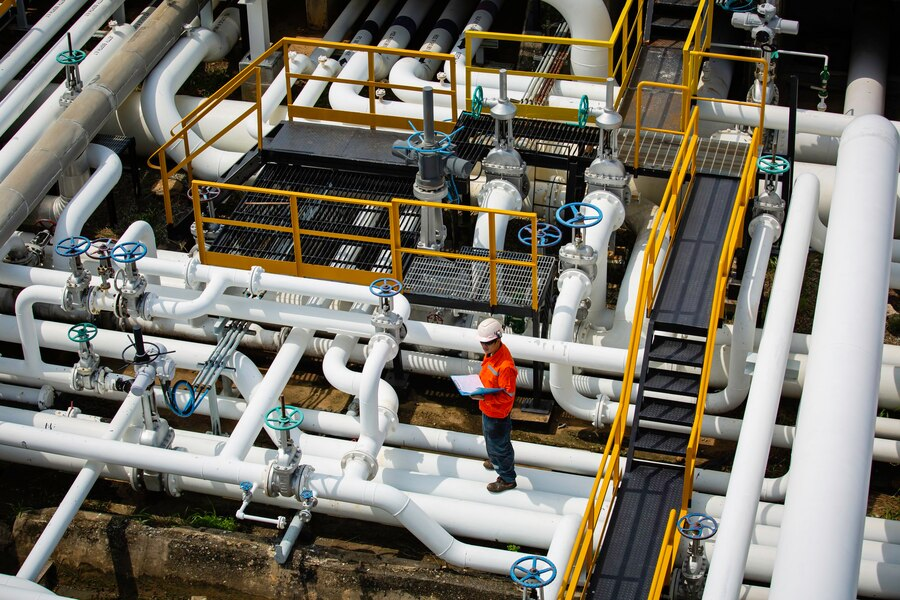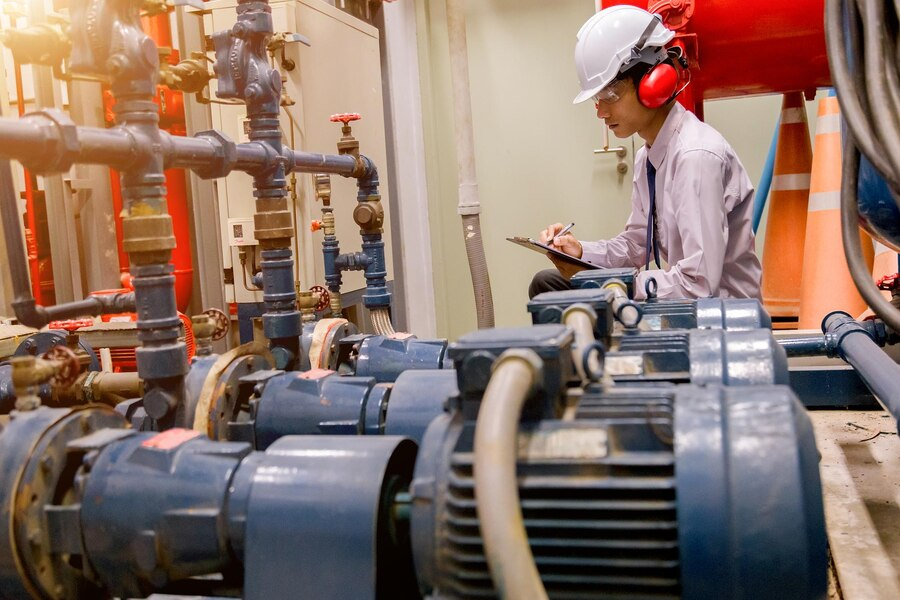Process piping systems are the unsung heroes of industrial operations, silently transporting fluids and gases essential for various manufacturing processes. While often out of sight, these intricate networks play a crucial role in ensuring operational efficiency and safety. However, neglecting their maintenance and inspection can lead to costly downtime, safety hazards, and environmental risks.In this comprehensive guide, we delve into the intricacies of maintaining and inspecting process piping systems. Whether you’re overseeing a chemical plant, a food processing facility, or a power generation plant, understanding the best practices for upkeep and assessment is paramount. From routine inspections to proactive maintenance strategies, we explore the steps necessary to keep your piping systems in optimal condition. Join us as we navigate through the complexities of process piping maintenance, empowering you to safeguard your operations and maximize productivity.
Best Practices for Maintaining Process Piping Integrity
Maintaining the integrity of process piping systems is essential for ensuring the smooth operation of industrial facilities. From chemical plants to refineries, these systems play a critical role in transporting fluids and gases safely and efficiently. However, without proper maintenance, process piping can be susceptible to corrosion, leaks, and other issues that can compromise system integrity and pose safety risks. In this guide, we’ll explore eight best practices for maintaining process piping integrity, helping you minimize downtime, enhance safety, and prolong the lifespan of your piping infrastructure.
Regular Inspections
Routine inspections are the cornerstone of effective maintenance for process piping systems. Conduct visual inspections, non-destructive testing (NDT), and corrosion monitoring to identify potential issues early on. Regular inspections allow you to address small problems before they escalate into larger, more costly issues.
Corrosion Prevention
Corrosion is one of the most common threats to process piping integrity. Implement corrosion prevention measures such as protective coatings, cathodic protection systems, and corrosion inhibitors. Regularly monitor corrosion rates and take corrective actions as needed to mitigate the risk of pipeline failures.
Proper Material Selection
Choosing the right materials for process piping is crucial for long-term integrity. Consider factors such as the fluid being transported, operating conditions, and environmental factors when selecting piping materials. Use corrosion-resistant alloys and materials suitable for the specific application to minimize the risk of material degradation.
Adequate Support and Restraint
Proper support and restraint are essential for preventing excessive movement and stress on process piping systems. Ensure that piping is adequately supported, anchored, and restrained to prevent vibration-induced failures. Inspect supports regularly and make adjustments as necessary to maintain stability.
Regular Maintenance Activities
Establish a proactive maintenance schedule for process piping that includes activities such as cleaning, flushing, and lubrication. Regular maintenance helps prevent buildup, blockages, and other issues that can affect system performance and integrity. Follow manufacturer recommendations and industry best practices for maintenance tasks.
Creating a Comprehensive Maintenance Plan for Process Piping Systems
A comprehensive maintenance plan is essential for ensuring the reliability, safety, and longevity of process piping systems in industrial facilities. Process piping plays a critical role in transporting fluids and gases, making it vital to implement proactive maintenance strategies. In this guide, we’ll outline eight key steps for creating a comprehensive maintenance plan tailored to the specific needs of your process piping system. By following these steps, you can minimize downtime, prevent costly repairs, and optimize the performance of your piping infrastructure.

Assessing System Requirements
Begin by conducting a thorough assessment of your process piping system’s requirements. Identify the types of fluids or gases being transported, operating conditions, and environmental factors that may impact system integrity. Understanding these requirements will help you develop a maintenance plan that addresses the unique challenges of your piping system.
Establishing Maintenance Objectives
Define clear maintenance objectives that align with your organization’s goals and priorities. Determine key performance indicators (KPIs) for evaluating the effectiveness of your maintenance efforts, such as uptime, reliability, and safety metrics. Clearly defined objectives provide a roadmap for developing specific maintenance tasks and schedules.
Developing a Maintenance Schedule
Create a detailed maintenance schedule outlining routine tasks, inspections, and preventive maintenance activities. Consider factors such as equipment manufacturer recommendations, industry best practices, and regulatory requirements when developing your schedule. Ensure that maintenance activities are scheduled at regular intervals to prevent unexpected failures and minimize downtime.
Identifying Critical Components
Identify critical components within your process piping system that require special attention and maintenance. These may include high-pressure lines, valves, fittings, and corrosion-prone areas. Prioritize maintenance tasks for critical components based on their impact on system performance and safety.
Implementing Preventive Maintenance
Incorporate preventive maintenance strategies to proactively address potential issues before they escalate into major problems. Develop checklists for routine inspections, lubrication, cleaning, and calibration of equipment. Implement predictive maintenance techniques, such as vibration analysis and thermal imaging, to detect early signs of equipment failure.
Utilizing Technology for Enhanced Process Piping Inspections
In the realm of process piping inspections, leveraging technology can revolutionize traditional approaches, enhancing efficiency and accuracy. From advanced monitoring systems to cutting-edge inspection tools, technology offers unprecedented capabilities for ensuring the integrity and performance of process piping systems.
- Advanced Monitoring Systems: Implementing advanced monitoring systems allows real-time tracking of key parameters such as pressure, temperature, and flow rates. These systems provide instant insights into system health, enabling proactive maintenance and early issue detection.
- Non-Destructive Testing (NDT) Techniques: Utilize NDT techniques such as ultrasonic testing (UT), magnetic particle testing (MPT), and radiographic testing (RT) to assess the integrity of piping systems without causing damage. These methods offer precise evaluation of welds, corrosion, and material defects, enhancing inspection accuracy.
- Remote Inspection Technologies: Embrace remote inspection technologies, including drones and robotic crawlers, to access difficult-to-reach areas of process piping systems. These tools enable thorough inspections of elevated or confined spaces while minimizing safety risks for personnel.
- Digital Twin Technology: Implement digital twin technology to create virtual replicas of process piping systems. Digital twins allow for simulation-based inspections, predictive maintenance, and scenario analysis, facilitating proactive decision-making and risk management.
Conclusion
Maintaining and inspecting process piping systems is crucial for ensuring safety, efficiency, and longevity in industrial operations. By adhering to regular inspection schedules, promptly addressing any issues, and implementing preventive maintenance measures, companies can minimize downtime, reduce the risk of accidents, and optimize their processes. With a proactive approach to pipeline management, businesses can not only safeguard their assets but also enhance overall productivity and profitability.
For more information on maintaining and inspecting process piping systems, or to inquire about our services, feel free to contact PMC INC located in Southern California at 562-905-3101. Our team of experts is dedicated to providing comprehensive solutions tailored to your specific needs.




